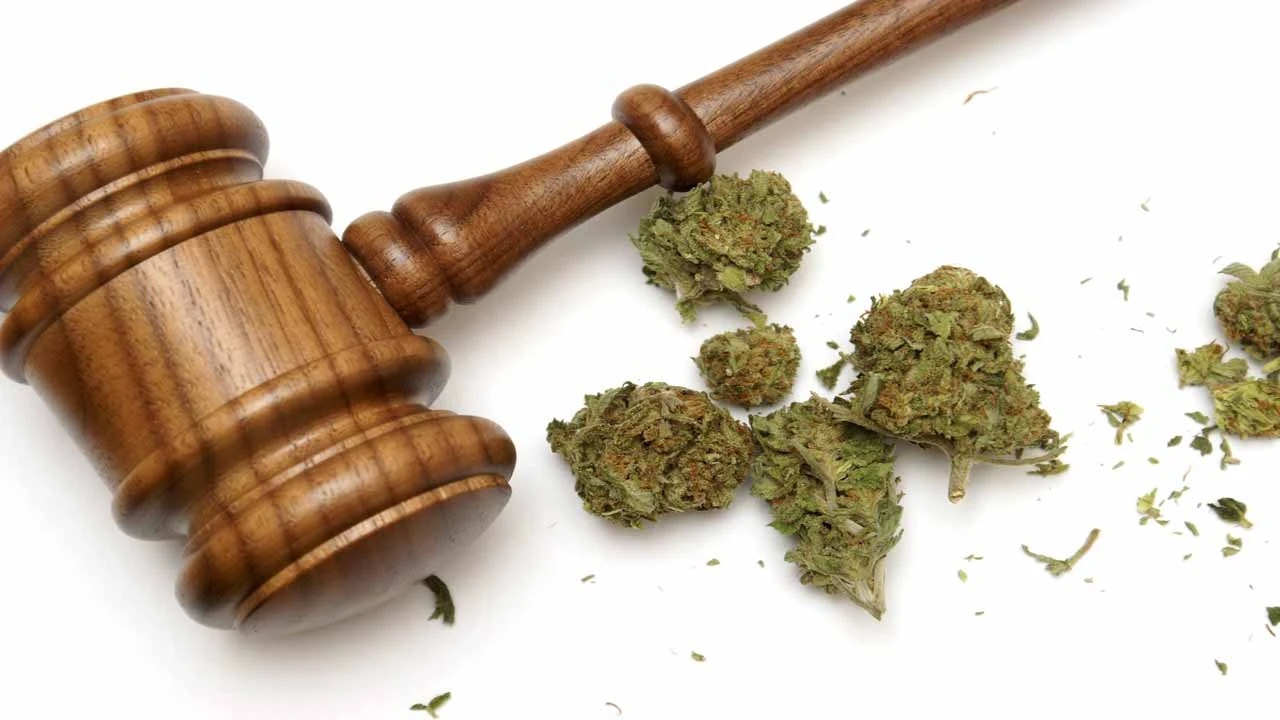Health Canada is cracking down on alleged abuse of medical cannabis access via the personal and designated production program.
Canada’s personal and designated production program allows patients to grow a certain quantity of medical cannabis for themselves or a designated person.
The number of personal and designated production registrations refused or revoked tripled through the first three quarters of 2022 compared to calendar 2021, according to new data shared with MJBizDaily.
Health Canada says it strengthened efforts to address “misuse” within the program.
From Jan. 1, 2022, through Sept. 30, 2022, roughly 732 registrations for the personal and designated production program were refused or revoked.
In the previous year, that figure was 227, while some 154 registrations were refused or revoked in 2020.
Despite the significant increase in enforcement, the figure represents a small fraction of the 35,754 personal and designated production registrations that were active with Health Canada as of March 2022, the most recent time the data was updated.
“Health Canada has seen a progressive and concerning increase in the average daily amount of cannabis for medical purposes being authorized by some health care practitioners for personal and designated production,” a spokesperson told MJBizDaily via email.
As an example, Health Canada said the average daily amount of medical marijuana authorized by health practitioners for patients who access cannabis from federally licensed producers remained constant at 2.1 grams per day.
However, the regulator said the average daily authorized amount for personal and designated production is approximately 37 grams per day.
Health Canada has refused or revoked more than 1,430 registrations since the beginning of the personal and designated production program.
“Health Canada is concerned that high daily authorized amounts are, in some instances, leading to abuse of the access to cannabis for medical purposes framework and are undermining the integrity of a system that many patients rely on to access cannabis to address their medical needs,” the regulator said in the email.
“While treatment options remain a decision best made in consultation between a patient and their health care practitioner, high daily authorized amounts may pose risks to public health and public safety, including the risk of cannabis being diverted to the illicit market.”
Before a personal or designated production authorization is revoked, Health Canada says the registered individual is first issued a notice of intent to revoke and given 30 days to provide representation.
Health Canada has refused or revoked more than 1,430 registrations, including refusing or revoking more than 710 registrations for reasons of public health and safety, as of September 30, 2022.
Examples of factors Health Canada says it might consider when making a decision to refuse or revoke a registration for personal or designated production, include:
- Quantity of daily authorized cannabis by a health care practitioner.
- Noncompliance or history of noncompliance with the Cannabis Act and Regulations.
- Criminal activity relevant to public health and public safety, including diversion.
- A heath care practitioner’s involvement with criminal activities in relation to their prescribing practices with cannabis.
Matt Lamers can be reached at matt.lamers@mjbizdaily.com.




